Q+A: The Riveter CEO Amy Nelson talks creating a space for women in business
The Riveter CEO shares the challenges she faces as a female entrepreneur.
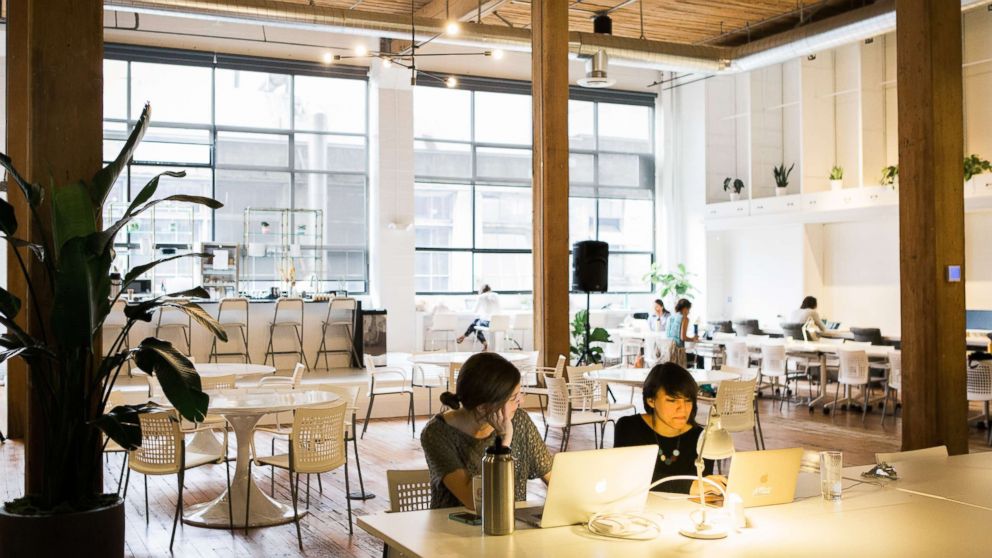
— -- It was once home to the Seattle cast of MTV's "The Real World."
Now the 11,000-square-foot space occupied by The Riveter is one of the largest women's co-working spaces in the world.
Founded in May, the company takes its name and inspiration from feminist icon Rosie the Riveter and has made serving 21st-century working women its mission.
It’s part of an explosion of work spaces -- from international giants like We Work to exclusive clubs like The Wing -- designed for an increasingly freelance nation.
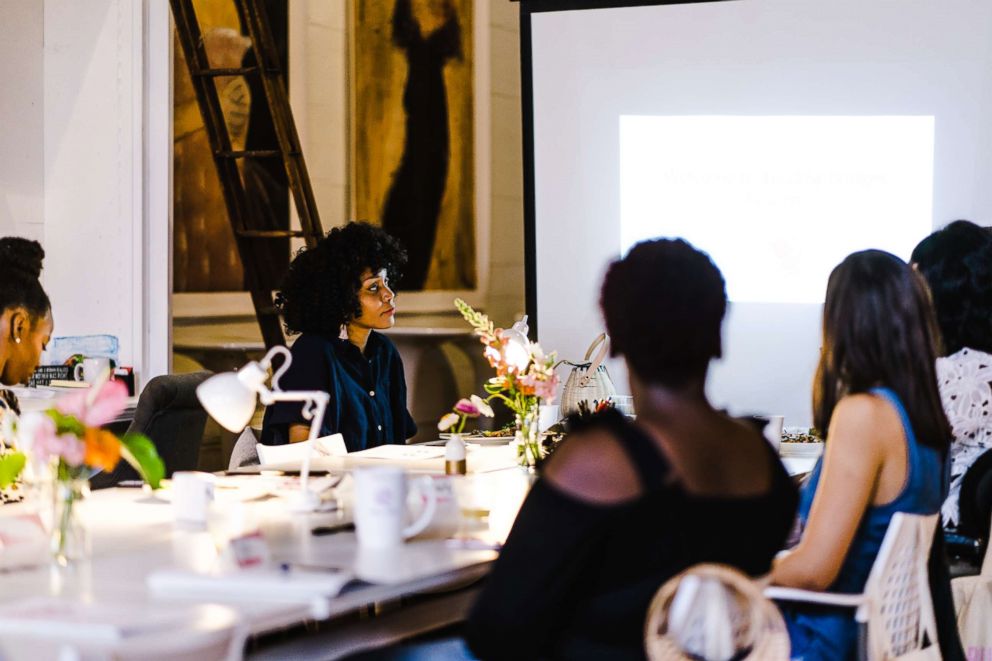
The Riveter, now located in Seattle and coming this summer to Los Angeles, distinguishes itself among this new breed of working communities with its focus of female entrepreneurs, and has hosted forums with impressive leaders like New York Senator Kirsten Gillibrand and Facebook's chief operating officer, Sheryl Sandberg.
ABC News spoke to The Riveter's founder Amy Nelson about creating a space for the next generation of women in business to thrive and the unique challenges she faces as a female entrepreneur. Her responses have been condensed and edited below.
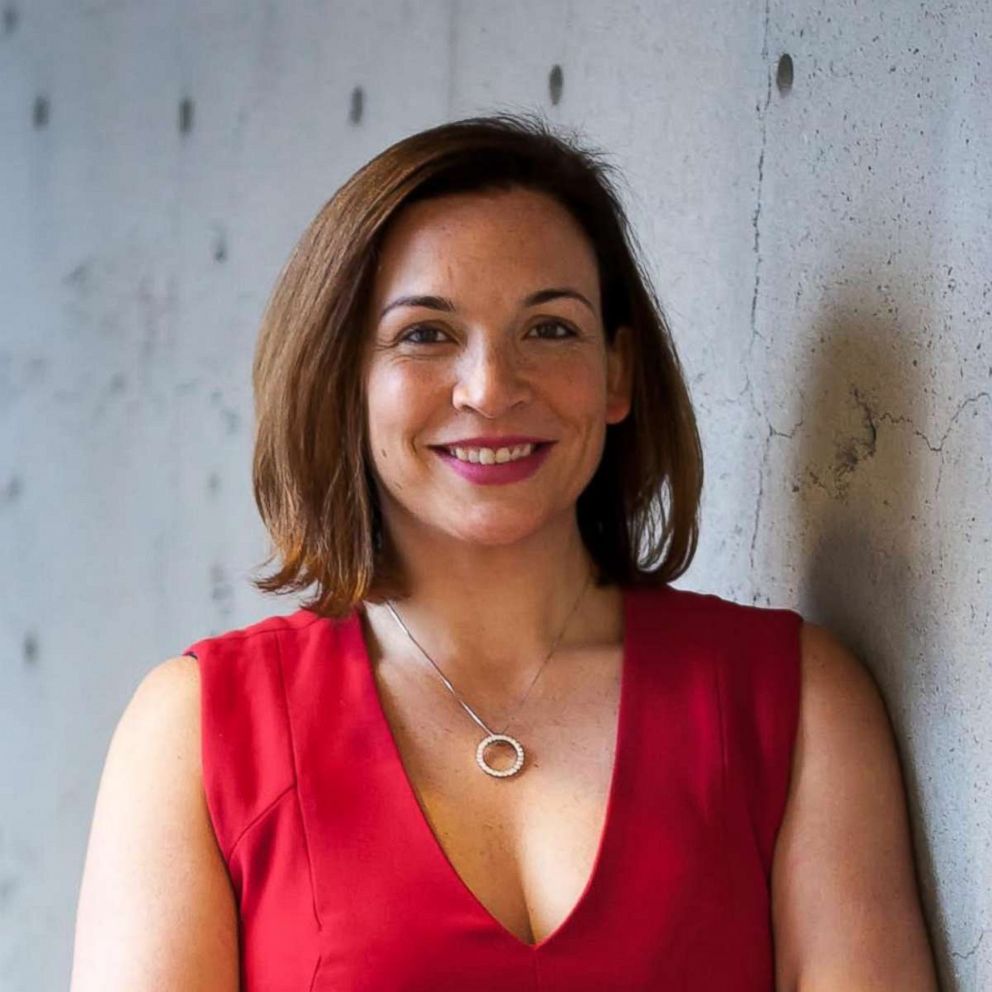
Why did you decide to leave a job as a corporate lawyer and start your own business?
As a woman and a mother, I didn't feel like I could succeed in the corporate culture. But what I could do was build something of my own outside that culture. The breaking point was when I approached my boss about a promotion and I was told it wasn’t the right time because I had just had my second baby. It's up to me to decide when I’m ready to take something on -- No one should be making that decision for anyone else. I didn’t start a company because I wanted flexibility or to be home. I work far more hours now! But I get to make the choices about whether I’m ready to take something on.
"As a woman and a mother, I didn't feel like I could succeed in the corporate culture"
Why a co-working space for women?
I hadn’t quite landed on what my business would be. But I'm a type-A lawyer, so I was going to these classes on how to start a business that were being held at co-working spaces. And two things really struck me: First, when I walked into these spaces there was a really male aesthetic -- there were kegs and foosball tables and ping pong tables. And the other thing that was even more surprising was that the classes themselves were also all men. I had read a lot about how women were starting a thousand businesses every day, which is a rate of 5 times [that of] men. So I started talking to women business owners in Seattle and what I learned was that there was no network for them. There were a lot of different online groups. But there was no physical place for women to go to share resources and learn from each other. So I decided that I could create that space and that's where the idea for The Riveter came from.
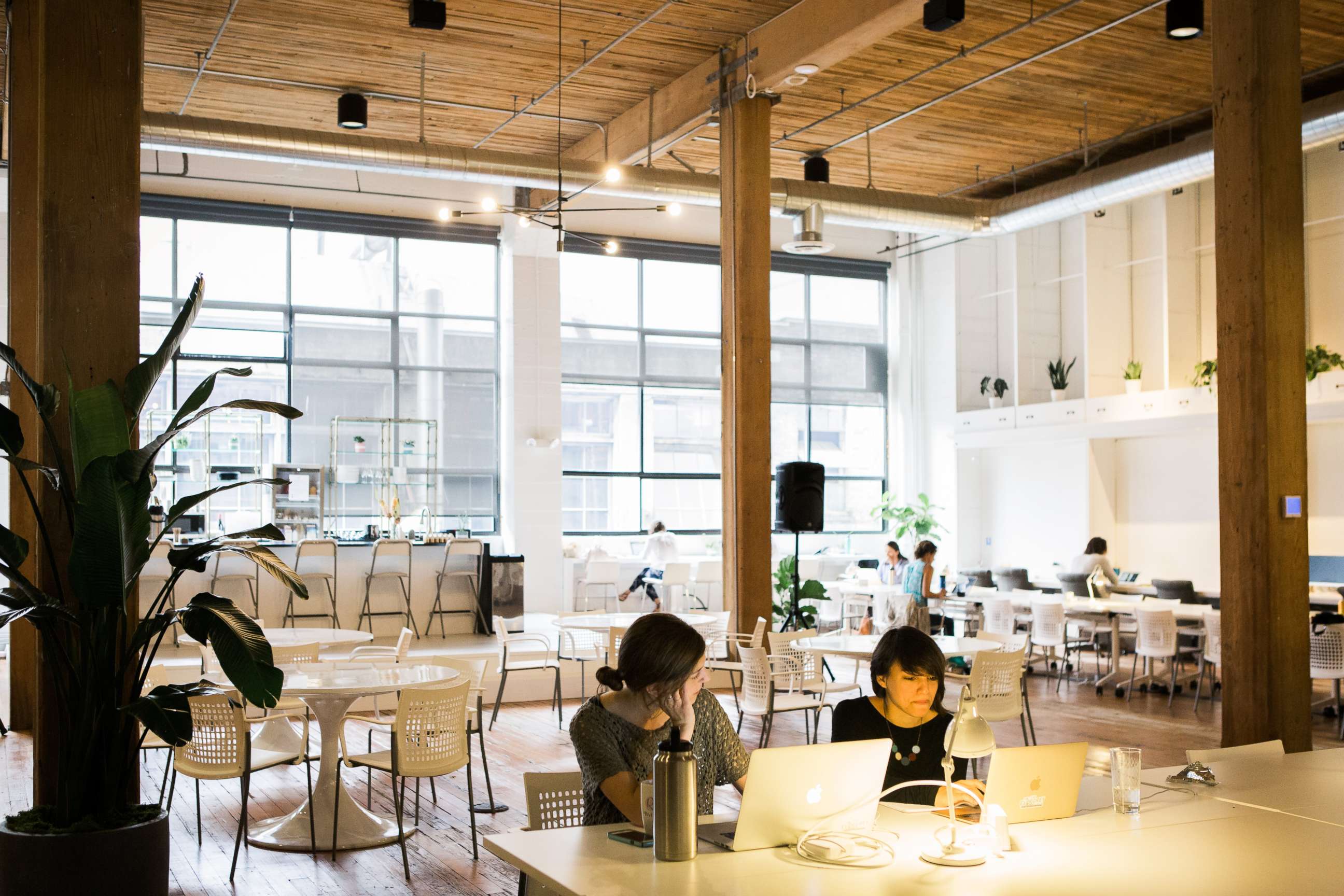
The Riveter focuses on female entrepreneurs, but you welcome all genders?
Yes, we are female forward and built for women but we welcome everyone. We think it's hard enough to get a seat at the table so we wanted everyone to have a seat at ours. We’re really all about inclusivity. And we wanted to do it for two reasons: from a practical point of view, I don’t know how you have a work space that is single gender. We have start-up teams that have men on them. We have women who are lawyers who see male clients. We have women who have male investors and we wanted those women to be able to work in our space without having to go someplace else to see the men that they work with. From a movement perspective, our goal was to change the dynamic for women entrepreneurs and business owners and I feel very strongly that to do that you have to involve all genders in the conversation or nothing will ever change.
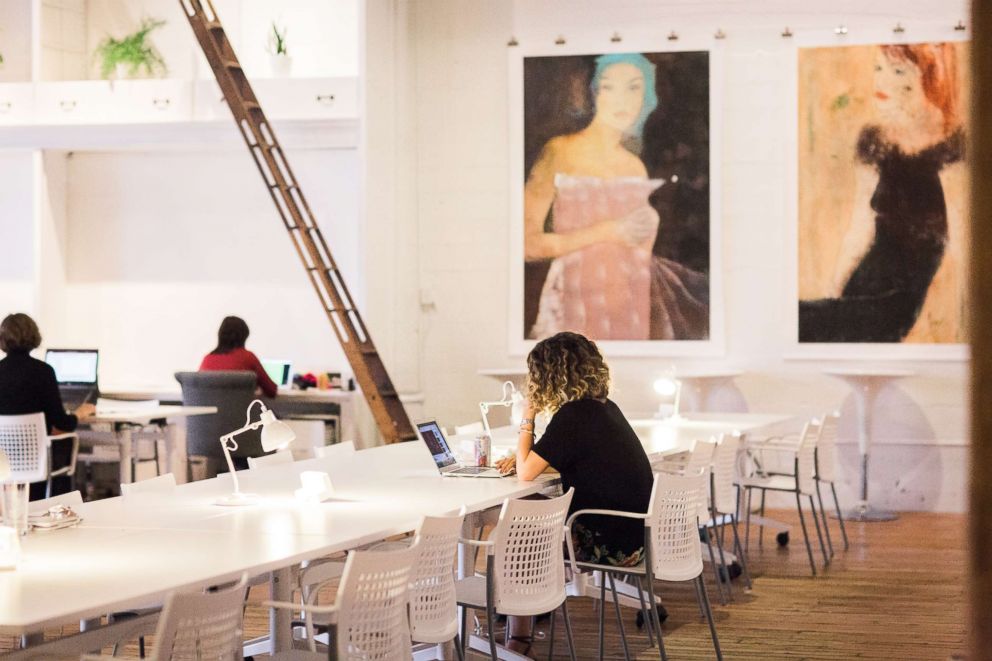
Speaking of change, how have you seen the #MeToo movement impact women in business?
This past year the conversation has shifted in so many meaningful and really important ways. But in 2016 women entrepreneurs got just 2 percent of all venture capital dollars. And I want to see if the numbers are really different in 2017 or if we're still in the same place and just talking about it. Because what we really need is meaningful action. I think we’re kicking down a door and now we have to walk through it.
What are some of the unique ways that The Riveter serves its community of women entrepreneurs?
We are trying to solve the problems women face. We have off-site child care partnerships as well as offsite partnerships with yoga studios and wellness brands because when you have 10 competing priorities, self-care is often the first to go. We’re building a partnership with a monthly clothing rental subscription service because that’s one more piece that women have to deal with. And we’re doing all this with women-founded companies. Because we’re created for women business owners we do really practical nuts and bolts programming -- everything from "Where do I go to figure out what taxes I pay?" to "How do I get my HR stuff in order legally?" We’ve had “Fundraising 101.”
We’re not a social club. I’m a mom of three who has all these questions regarding my business so I’m the perfect person to be asking these questions. I was 36 when I started the company. The average age of the first time entrepreneur is 39. And that is a really complicated age for a lot of women. I knew I wanted to have more children. And I knew if I put the support around me I could do both of those things. Yes, it’s really hard when you are juggling all the parts of your life and I have moments when I wish I could hit the pause button for a month or a week. But I can’t. What do they say -- With great risk comes great reward -- and it’s so true.
What would you say has been the most rewarding moment so far?
"Seeing that community in action has been so powerful"
I can’t pick just one because what’s been really remarkable to me is seeing women connecting and finding what they need within the four walls that we’ve built. Every month we have these breakfasts –- we call them morning assembly -- and our members can come to the group and say, “I need to hire a social media person” or “I need an introduction to investors,” and we’ve seen successful introductions made. I watched a woman get her first investor check in our space. I watched a start-up team hire a back-end developer that was another member of The Riveter. People have referred attorneys in our space to each other. Seeing that community in action has been so powerful.
And finally, any advice to other female entrepreneurs and women thinking about starting a business?
"It's so important to take leap and see what you can do"
My advice to other women is to do the thing. You can plan the thing for five years or 10 years. But at a certain point, you just have to do it. We’re not celebrities at The Riveter. We don’t live in New York. We’re in a smaller market. And so we had to work with really limited capital to build our first space. I had to sign a personal guarantee on the lease. That’s kind of the risk you take as an entrepreneur. And the one other piece of advice I would give -- this was always really helpful to me -- is that [hearing] "no" from one person doesn't mean "no" from everybody. And "no" from one person doesn’t even necessarily mean "no" from that person. It means "no right now" and "no to that specific ask." Because it can be really hard hearing "no" and "no" and "no." Yesterday I had an amazing day. I raised some really important capital for my company. I had some amazing meetings. Today I got turned down from an investment I was really hoping would happen. There are good days and bad days. It’s not easy. But I think it’s so important to take a leap and see what you can do because you can do a lot more than you think you can.





